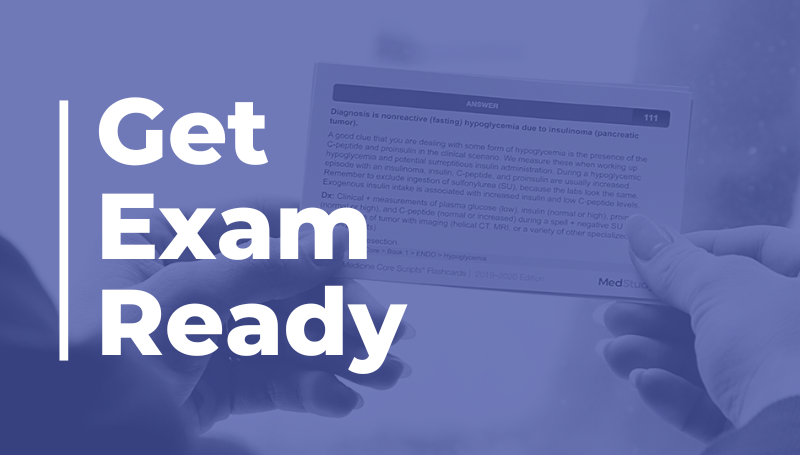
The power of positive thinking has more scientific validity than you might imagine. Brain-mapping research shows a correlation between emotions and our ability to learn. We learn best when we are interested and curious. But when we are stressed, bored, or fearful, our ability to take in information is compromised.
How do we get into the right frame of mind to really absorb what we study? Worrying about high stakes exams doesn’t help. And pressure to “be positive” can have the opposite effect. Here are some steps you can take to enter the learning “zone” and remember more of what you study.
- Remind yourself of why you are studying. Adult learners are motivated by what is relevant to them. Reflect on the practical and personal importance of the knowledge you are seeking to absorb. Keep these benefits foremost in your mind by writing them out and posting them where you can see them while you study.
- Make sure you have what you need to succeed. If you are attempting to learn without the resources you need, such as time and materials, you will be stressed and overwhelmed. Take honest stock of your requirements for learning and tackle any impediments before you start.
- Keep yourself interested with a variety of formats. Engage your mind and stimulate your interest by combining text with video, live lecture, audio, and self-testing tools such as flashcards and Q&As. However, don’t confuse yourself by combining systems: stick with one approach in a variety of formats.
- Vary your environment. Studying in a variety of locations causes our brains to process environmental cues in ways that help us retain and recall information. Choose locations with a positive association such as a favorite coffee shop or someplace with a great view. Instrumental background music can also stimulate learning.
- Personalize your study topic. You are more likely to remember the details of a disease or syndrome if you connect it with a patient or family member who had the disease. Imagine the symptoms and treatment you are studying are those of the person you know.
- Take good self-care. The saying, “I’ll sleep when I’m dead” can become a self-fulfilling prophecy for physicians pushing their limits. As doctors, we know the physical benefits of sleep, but did you know that sleep also promotes the consolidation of your learning? And don’t forget the importance of a healthy diet and exercise.
- Recognize milestones with rewards. Give yourself a weekly reward for covering the topics on your study calendar. And plan a larger reward for yourself and any stakeholders such as family or friends, when you pass your exam or complete your course of study.
Learn more MedStudy Method deep learning study tips here.


